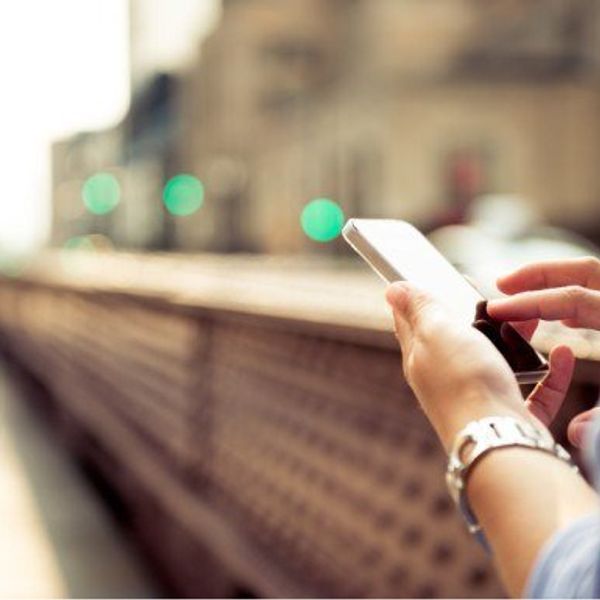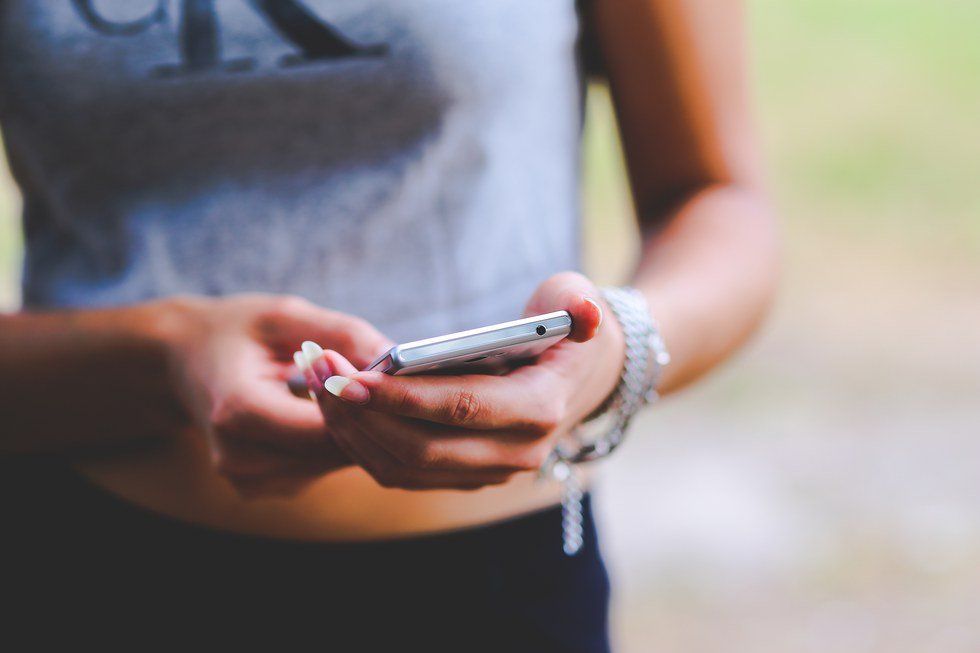With the technological boom, people have grown dependent to their devices. We use our phones to shop, watch movies, find restaurants in the area, check our social media pages and keep in touch with family, friends and even strangers. Most of us could not go a day without using our phones; we are afraid to exist without it, as though it would disconnect us from reality. When really, the real world is away from the screen. In the age of the screen, it is more important than ever to establish yourself outside of the web, so you do not lose yourself to it.
An assignment for an online course I am taking this summer urged me to go 24 hours without the Internet, or use my phone and computer only for important matters. For 24 hours, I managed to ignore my Facebook, Snapchat, Instagram and other accounts. I avoided mindlessly staring at my phone and it was not as hard as I thought it would be. I found other things to fill my time like going for a hike and spending time with friends. Since I was not checking my phone, I found I could better take in the moment and open myself up more.
I would be lying if I said I did not feel the urge to check my phone during those 24 hours; there were a few times I had to stop myself from grabbing my phone to send a Snapchat of something. I am addicted to the Internet and rely upon it greatly, but I am not as bad as some people. Some spend more time on their phone than anything else they do all day, or so it seems.
The overall effect the Internet has on our brains is more severe than people realize. In his book, “The Shallows,” Nicholas Carr explains what the Internet is doing to our brains. The more we use the Internet, the more we rely upon it, and the more damage it can do to our long-term memory and deep thinking.
Carr states, “The influx of competing messages that we receive whenever we go online not only overloads our working memory; it makes it much harder for our frontal lobes to concentrate our attention” and “frequent interruptions scatter our thoughts, weaken our memory,” (194,132). He later explains how personal memories contribute to a “collective memory,” which shape our culture’s dynamics and customs.
Life without the Internet means we have to find other things to occupy our time. It takes discipline and brain power to step away, but the result is feeling more connected to places, spaces and people around you. In the dawn of the Internet, we have lost the old community-essence of neighborhoods. With some exceptions, no one seems to talk to each other anymore. On my block, I can only name three other people and I happened to meet them from elsewhere. Without the Internet, people communicate more with those around them because that is all there is.The Internet is a culture-killer.
In today’s society, it is made to seem that if you are unplugged, you are missing out. The Internet is something you do to fill time and quickly gain access to information that you would not have otherwise. There is a fear among many that they will be left in the dust if they do not stay connected to the world of the web, but that is not the case.
Life without the Internet allows us to enjoy the little things in life and not be preoccupied with does not matter. What is more important? Staying logged in or your mental health?





















